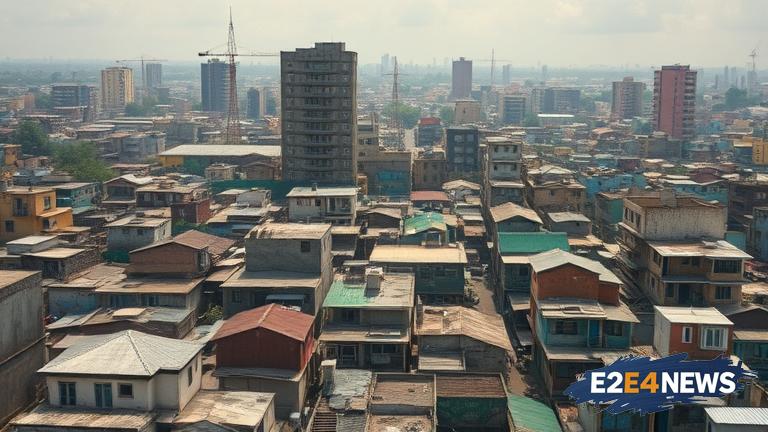In Nigeria’s largest city, a disturbing trend has emerged where sexually abused children are being deprived of justice due to rampant poverty and extortion. The city, known for its bustling streets and economic opportunities, has a dark underbelly where the most vulnerable members of society are being exploited. Despite the presence of laws and institutions designed to protect children, the reality on the ground is that many young victims of sexual abuse are being forced to suffer in silence. This is largely due to the fact that their families are unable to afford the costs associated with seeking justice, including legal fees and bribes. As a result, perpetrators of these heinous crimes are often able to walk free, leaving the children and their families to pick up the pieces. The situation is further complicated by the fact that many cases of sexual abuse go unreported, due to fear of stigma, shame, and retaliation. In some instances, families are even forced to pay bribes to law enforcement officials in order to have their cases investigated, a practice that is not only unethical but also illegal. The Nigerian government has been criticized for its handling of these cases, with many arguing that more needs to be done to support victims of sexual abuse and hold perpetrators accountable. One of the major challenges facing the government is the lack of resources and infrastructure to effectively investigate and prosecute these cases. Additionally, there is a need for greater awareness and education about the issue of sexual abuse, as well as the importance of reporting it. Many Nigerians are still unaware of the laws and protections that are in place to prevent sexual abuse, and this lack of knowledge can make it difficult for victims to seek help. Furthermore, the cultural and social norms that perpetuate sexual abuse and silence victims need to be addressed. This can involve working with community leaders and organizations to promote a culture of respect and empathy for victims of sexual abuse. The international community also has a role to play in supporting Nigeria’s efforts to combat sexual abuse and ensure that perpetrators are brought to justice. This can involve providing financial and technical assistance to support the development of Nigeria’s justice system, as well as promoting greater awareness and understanding of the issue. In recent years, there have been some positive developments in Nigeria’s efforts to combat sexual abuse, including the passage of new laws and the establishment of specialized courts to handle these cases. However, much more needs to be done to address the root causes of this problem and ensure that victims receive the support and justice they deserve. The Nigerian government must take a more proactive approach to addressing the issue of sexual abuse, including providing greater support for victims and their families, as well as increasing funding for investigations and prosecutions. Additionally, there is a need for greater collaboration between government agencies, civil society organizations, and community leaders to promote a comprehensive and coordinated response to the issue. By working together, it is possible to create a safer and more just society for all Nigerians, where children are protected from abuse and perpetrators are held accountable for their crimes. Ultimately, the fight against sexual abuse in Nigeria requires a sustained and collective effort, and it is only by working together that we can hope to create a brighter future for the country’s most vulnerable citizens. The situation is complex and multifaceted, and it will require a comprehensive and nuanced approach to address the root causes of the problem. However, with the right combination of policies, programs, and partnerships, it is possible to make a meaningful difference in the lives of sexually abused children in Nigeria. The government, civil society, and the international community must all play a role in supporting victims of sexual abuse and promoting a culture of respect and empathy. By doing so, we can help to create a society where children are valued and protected, and where perpetrators of sexual abuse are held accountable for their crimes.
